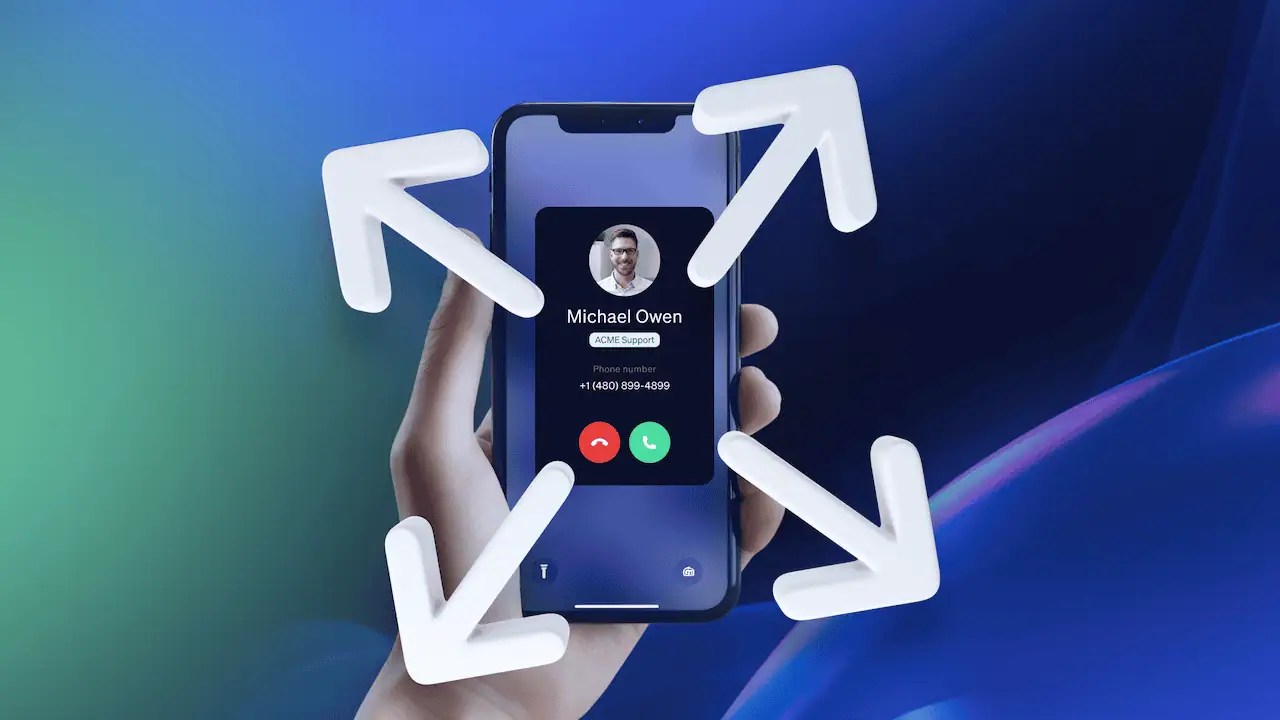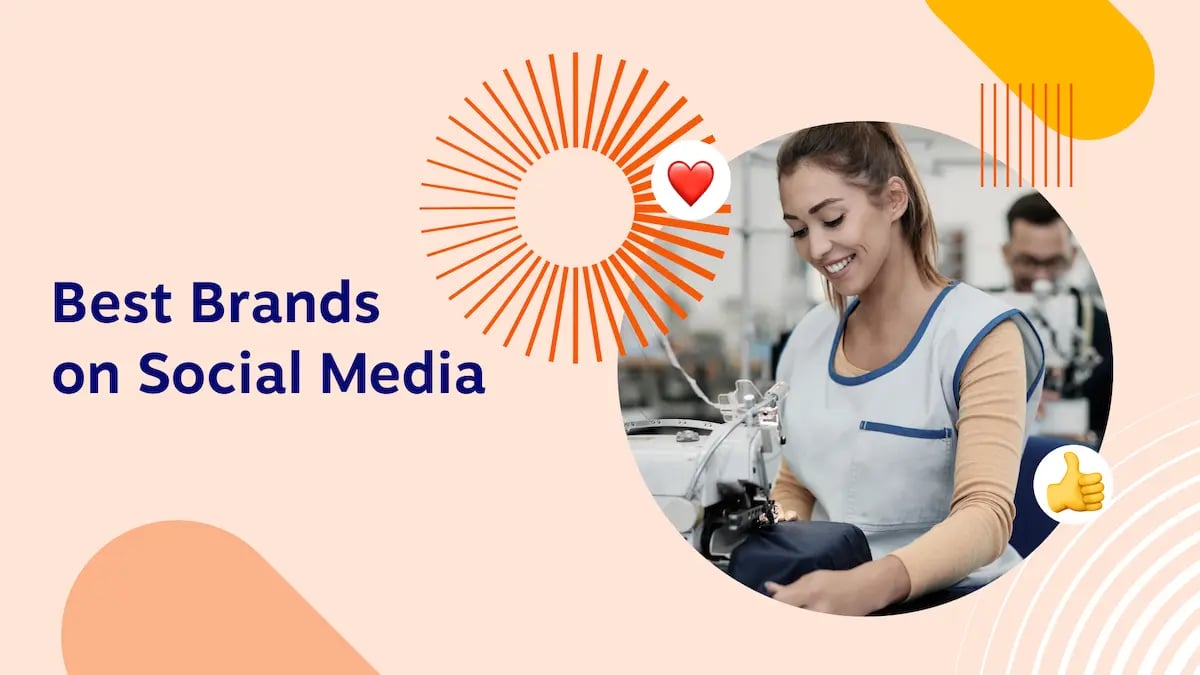Promoting your business is much more difficult today than it was in 2009. Driving awareness for your brand is about to get more challenging, thanks to the complexities of online search and social media. You can level the playing field against the competition with the power of digital marketing.
The tactics your business needs to win in 2020 are much different from those a decade ago.
Rand Fishkin is one of the top authorities in marketing, delivered a rousing keynote at NextCon19.
Rand founded Moz and SparkToro and authored the new book Lost and Founder. He has been at the forefront of search marketing for over 15 years. At NextCon19, he revealed insights, data, and recommendations for brands to succeed in search and social media.
During his keynote, he laid bare tips to succeed in digital marketing in 2020. Apply these digital marketing tips to increase your reach and conversions in 2020 and beyond.
- High Engagement Results in Greater Social Reach
- Beware of Google’s Rising Influence on Digital Marketing
- Create Business Models that Survive Digital Marketing Change
- Measure the Right Digital Marketing Metrics that Matter
- Build a Responsive and Loyal Email List
NextCon Studio Interview with Rand Fishkin

Download Rand’s Slides from his NextCon Keynote
Alright, let’s dig in! You don’t want to miss these digital marketing tips you can apply to your business.
1) High Engagement Results in Greater Social Reach
Social media marketing has come a long way in just a few years. During his keynote, Rand shared three tactics to drive social media engagement:
- Optimize for comments and engagement in 2020 if you want to succeed on social media.
- If you post content with low engagement, social media platforms penalize the reach of future content. Conversely, you can use positive engagement streaks to drive traffic back to your website.
- Facebook, Twitter, and Google craft their sorting algorithms to make users addicted. They want to maximize revenue from advertisers. All they care about is keeping users on the platform longer. That means content that keeps your audience on the platform performs best.
“Take advantage of these things now, while social influence is still possible,” Rand told the audience. “Three years from now, I’m sure the landscape will be much different.”
From a tactical level, it means you can’t simply post everything on social media. Be selective with your digital marketing campaigns. A series of misses limit the success of future content published by your brand.
Here’s a hot take I posted after Rand spoke at NextCon.
2) Beware of Google’s Rising Influence on Digital Marketing
During his NextCon Studios conversation with Yaniv Masjedi, our chief marketing officer, Rand was candid about his mistrust of Google. He spoke about how the behemoth’s algorithm makes it harder for small companies to perform well with search engine marketing.
On a whim, Google can enter new verticals like travel, recipes, music, and erase the past success of top performers. Google’s interests go well beyond search.
“It was interesting watching the hearings this summer when multiple tech companies testified before Congress,” Rand said. “I remember watching one congressman tell Adam Cohen, Google’s director of economic policy, that Larry Page had once said Google’s mission was to get information to the end-user as fast as possible, and then ask Adam if that was still Google’s mission.”
“You could just see Adam crumble, provide a non-answer, and dodge the question. We all know the answer is no—that they want to keep people on Google because that is how they monetize their customers.”
He echoed this same sentiment in his keynote, explaining that while SEO is not dead, Google has taken away organic clicks via Featured Snippets and in-house products. They also rank videos on YouTube above competitors like Wistia in search.
Why should Google’s reach and size matter to you? As a marketer, this creates new opportunities. Unfortunately, digital marketing tactics of previous years no longer work as well. You need to always be willing to revisit your previously held assumptions, especially in digital marketing.
The Rise of Zero-Click Searches

SparkToro
Rand said he worries about the percentage of clicks that go to paid search versus organic search. In particular, zero-click searches are rising.
“If your business can benefit from providing zero-click searches, the world is your oyster,” Rand declared. If this sounds tempting, it’s because it can help you pierce through the noise by surfacing high-value excerpts to the top of Google.
For companies that have an interest in becoming an authority in their industry, this is helpful. However, this search engine optimization opportunity presents new challenges.
- Can I benefit from this search query?
- Can my team or client give credit for zero-click rankings?
If your answer is neither, then focus on keywords that do convert better. Ultimately, it means if you create value from search, you should pursue it.
3) Create Business Models that Survive Digital Marketing Changes

Rand rocketed to stardom in the marketing world with the success of Moz, ‘Whiteboard Fridays,’ and SparkToro. While those successes look simple from the outside, there were many bumps in the road. So many bumps, he decided to write about them in his book Lost and Founder.
“Lost and Founder is a guide for myself on things I should have done differently,” he told Yaniv during the NextCon Studios interview. “There is an idea that is popularized in the startup/tech world that venture capital is the end-all-be-all. That, if you build a great company, you will be interesting to a venture capitalist, and that interest will make you some sort of superstar.
“But if you noodle on that logic for just a few minutes, you will quickly see that message is just from the VCs and the tech press. The truth is, I think, VC kills more than it means to because there is so much pressure to grow quickly.”
Instead of focusing on rapid growth, Rand suggests entrepreneurs center their attention on profitability and survivability. No amount of digital marketing can save you from a broken business model.
4) Measure the Right Digital Marketing Metrics that Matter

On the topic of how businesses can do a better job marketing, Rand spoke about measurement. Specifically, the fallacy of influencer marketing.
He said while marketers put dollars toward a channel like influencer marketing, brand advertising, events, and sponsorships, they rarely track those dollars. Even worse, those activities are loosely connected to a company’s overall mission, vision, and goals.
“But on the other side, when it comes to organic search, content marketing, and email marketing, a lot of marketers are obsessed with proving ROI value based on last-click,” he says. “It is madness to underweight measurement in one sector and overweight another sector. By doing that, you lose your ability to be creative and thoughtful in tactical channels.”
Gen-Z and Millennials are mired in influence marketing. While most influencer marketers exist on YouTube and Instagram, influence is found everywhere, contended Rand.
As a digital marketing strategy, you wouldn’t want to target the largest influencers on the web. Instead, focus your efforts on the highest affinity and engagement instead of sheer size alone.
Great marketing happens when brands engage customers and trusted authority figures they care about. Figure out what content they engage with on organic channels. Earn quality brand exposure. Advertise to drive sales among those who are consuming those channels.
5) Build a Responsive and Loyal Email List

What is the single most tactical, undervalued, marketing channel? Email lists.
Companies can establish strength in search, but then Google can take away those channels with a new algorithm. The same goes for YouTube, Facebook, LinkedIn, and others. Not many digital marketing tactics have a 40:1 return on investment (ROI).
“But if you have someone’s email list, and they love getting emails from you, and they open it every time, you become hard to compete against,” Rand told Yaniv. “Strong email lists can build on themselves in a flywheel fashion the way few other practices can.”
Building an in-house engaged email list helps you achieve more successful marketing campaigns. Beyond the segmented audience, the contact group can multiply digital marketing performance. Digital marketing tactics like retargeting enable your business to reach new prospects with similar characteristics later.
Related: Digital Transformation Strategy: It’s Time to Get Serious
It’s costing you valuable customers every day.

















 Marketing & Sales
Marketing & Sales 








